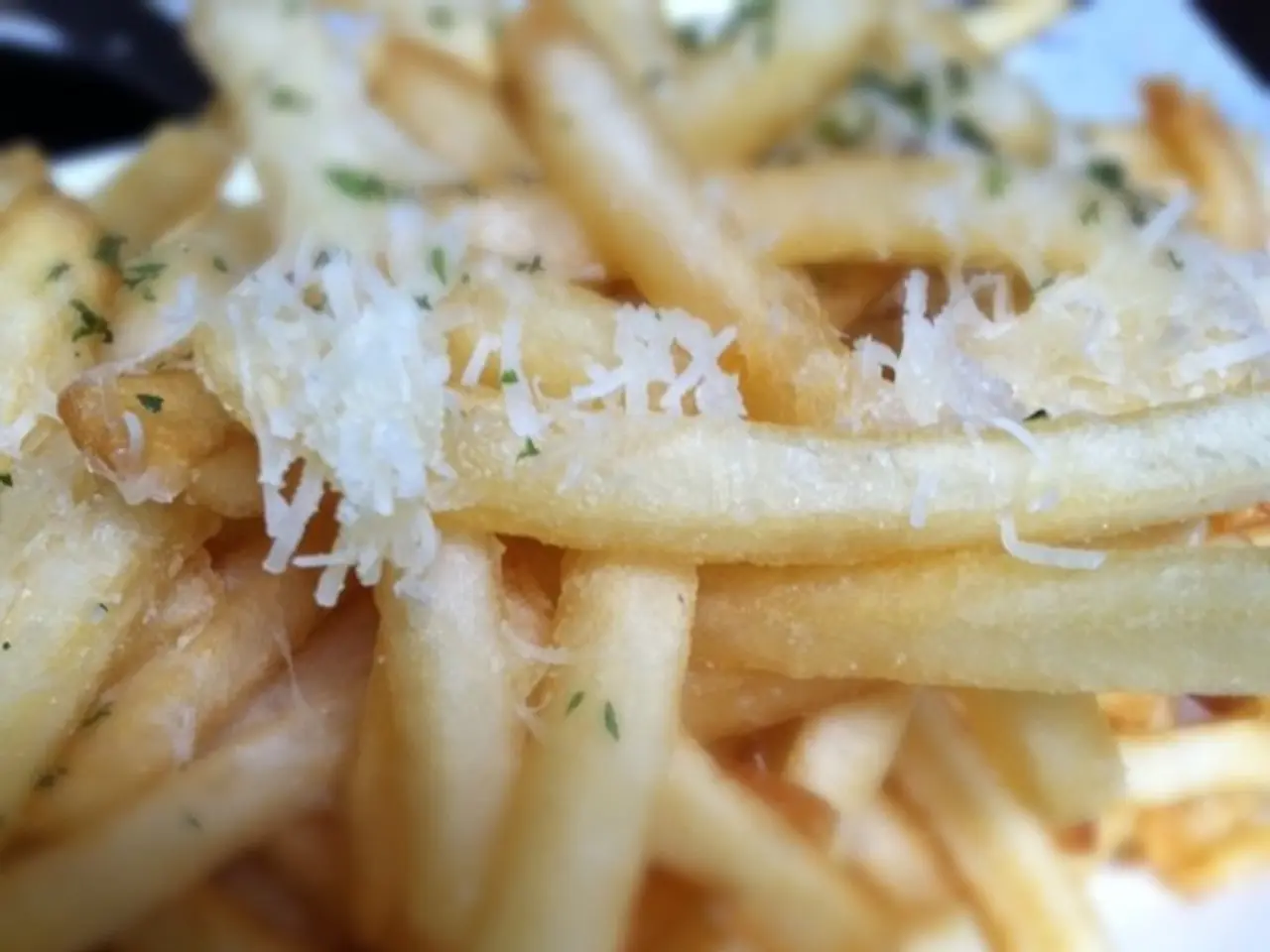Right-Wing Politicians in France and Poland Criticize EU-Mercosur Trade Agreement
The European Commission has given its final approval to a long-delayed trade deal with South America's Mercosur bloc on Wednesday, 3rd September 2025. The agreement, which was presented to EU member state ministers and the European Parliament in its unchanged form, has sparked an angry backlash from politicians and farming groups across Europe.
The Irish Farmers' Association has labelled the EU's actions in the trade deal a "hypocrisy," as they argue that it is inconsistent for the EU to impose strict green rules at home while importing produce made to lower standards abroad. Irish Creamery Milk Suppliers' Association went even further, labeling the deal a "calculated betrayal."
Polish main farming union has condemned the trade deal, warning it would push EU farmers out of the market and leave them dependent on subsidies. The head of the National Council of Agricultural Chambers in Poland, Wiktor Szmulewicz, stated that he would prefer protection for domestic production rather than compensation. Polish opposition figures have echoed the criticism, arguing that the accord would flood the EU market with cheaper beef and poultry produced under lower standards.
MEP Maciej Wąsik branded the deal a "betrayal of Polish villages," arguing that profits would flow to German and French carmakers while Polish farmers bore the costs. Piotr Mueller, the spokesman of the previous conservative government in Poland, stated that the deal threatens "the livelihood of thousands of family farms."
The European Commission insists that "robust safeguards" will shield European farmers in the trade deal with Mercosur. These safeguards include possible import restrictions on agricultural products, addressing concerns about unfair competition and protecting European farmers.
The European Commission estimates the pact could boost annual EU exports to Mercosur by up to €49 billion. However, critics argue that the benefits will not be evenly distributed, with the majority going to large corporations.
The trade deal has also faced criticism from French politicians, with Marine Le Pen, a French right-wing leader, calling the agreement "devastating for French farming" and urging President Emmanuel Macron to block its implementation. Jordan Bardella, an ally of Marine Le Pen, described the deal as a "catastrophe" and suggested France might consider suspending its European Union budget contributions if Brussels presses ahead.
The controversy surrounding the trade deal with Mercosur highlights the tension between the EU's push for free trade and the concerns of European farmers who fear being undercut by cheaper imports produced under lower standards. The debate is set to continue as the deal moves forward towards ratification.








